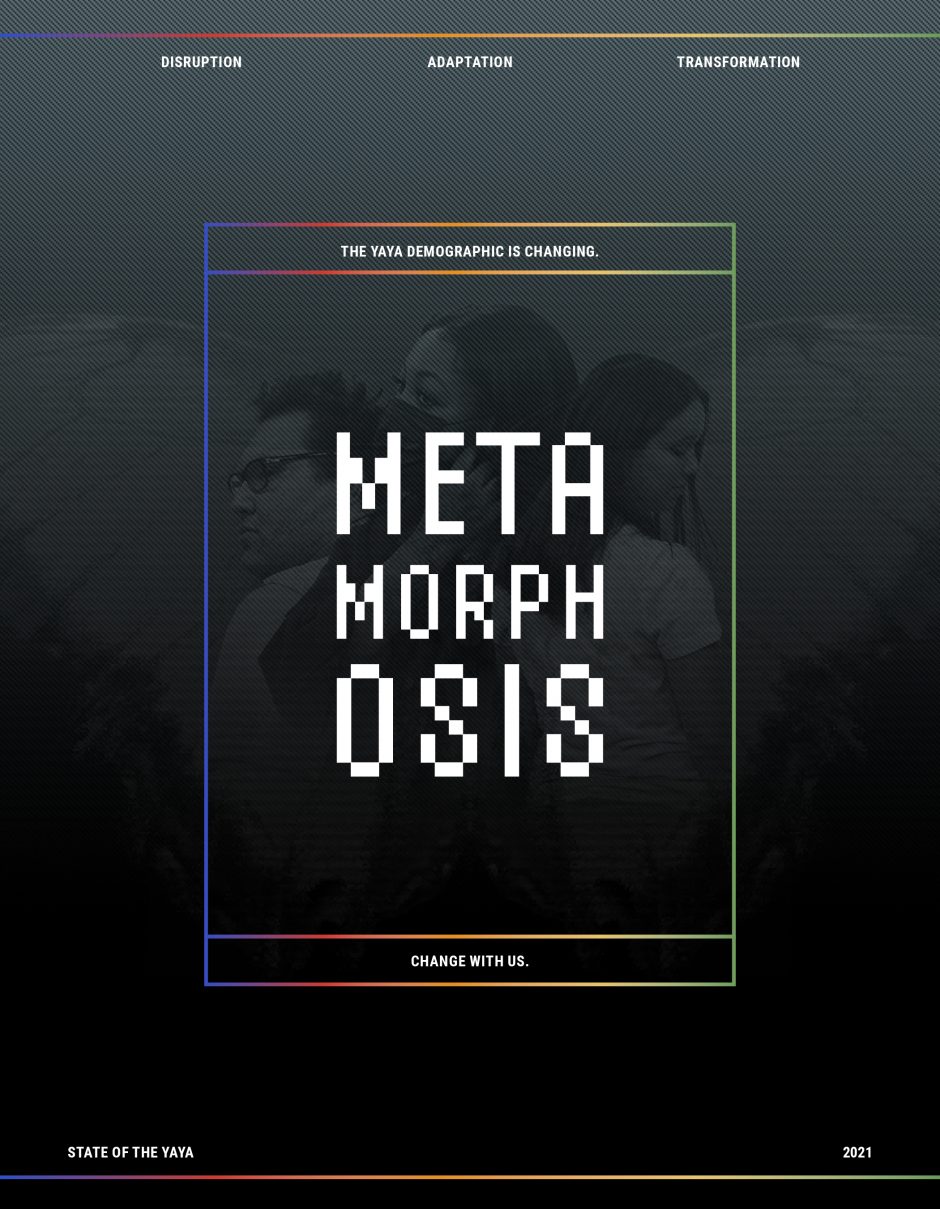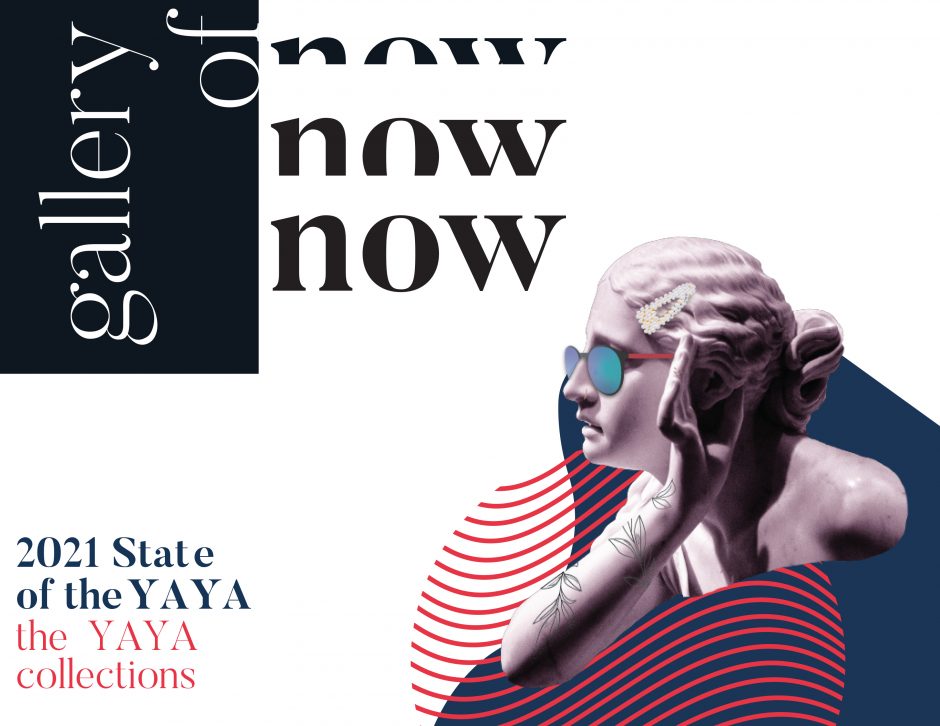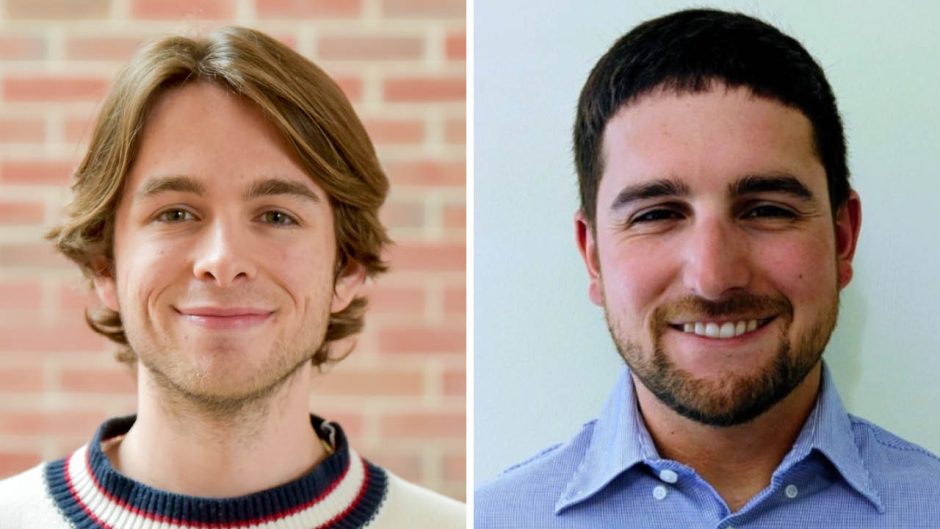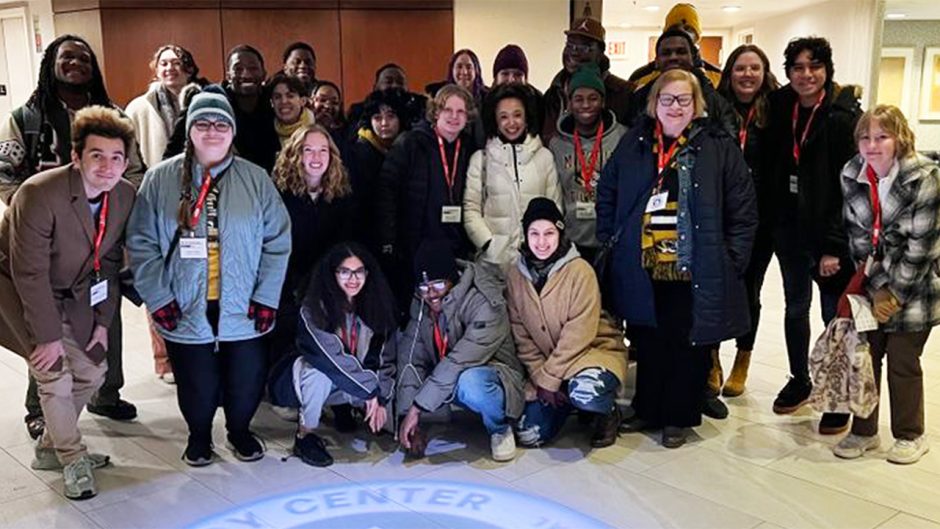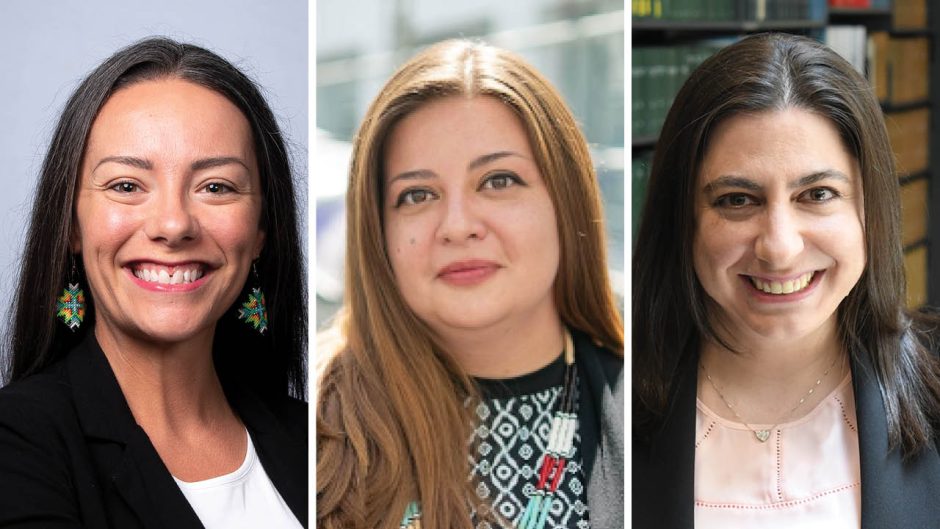April 27, 2021
Contact: Eric Stann, 573-882-3346, StannE@missouri.edu
The COVID-19 pandemic has caused more than a year’s worth of unprecedented events in the lives of today’s 18- to 24-year-olds, disrupting their formative years in unparalleled ways.
This year’s State of the YAYA (Youth and Young Adult) report, a study compiled by University of Missouri School of Journalism students, takes a look at how the past year has affected this demographic’s outlook on life.
And despite a harrowing 2020, young people remain cautiously optimistic.
For example, with last year’s record-breaking unemployment rates, the most-used word among young adults to describe how they felt about job searching was “anxious.” However, the second most-used word was “excited.”
As the public relations account manager of the student team researching career-related topics, senior Sydney Winburn, of Fayetteville, Arkansas, resonates with these conflicting emotions. After graduation, Winburn wants to work with clients in the sports, politics or nonprofit fields.
“One thing that I've found is a sense of community, even with people I don't know,” Winburn said. “It validates my own feelings. I feel excited, but I'm also really stressed about the job market. But it seems like everybody else is feeling that way. We're all in it together. None of us are alone in this process.”
Since 2007, members of the journalism school’s MOJO Ad staff have been compiling data about the attitudes and behaviors of young adults and offering the report to public relations and advertising companies across the country. Some corporations have become interested in the YAYA research after MOJO Ad alumni joined their staff. As the current age demographic’s spending power and social involvement grows, it’s important for companies to understand how this group will affect their industries for years to come.
“The current YAYA demographic has had their lives framed by major historical events, high levels of digital literacy and an information overload, which helps them identify the ‘right’ choices better than any other generation before,” said Emma Novak, a senior from Franklin, Tennessee, who is the public relations account manager for the student team researching political attitudes, brand performativity and the value of sustainability within companies. “Understanding the State of the YAYA right now helps us steal a glimpse of our country’s future.”
Digging into the data
MOJO Ad staff members began their research by gathering information from more than 100 secondary sources, such as Mintel databases and Pew Research industry reports. Then, they distributed a nationwide survey to 18- to 24-year-olds and used U.S. Census data to stratify their sample. In March, they summarized all their research into one report.
Kaylee Hanebuth, a senior from Grayslake, Illinois, who is the public relations account manager for the virtual life research team for MOJO Ad, noticed that when it comes to events, young adults prefer having a virtual option. After a year of streaming movies, concerts and sporting events, they aren’t necessarily eager to get back to exclusively in-person events. Sixty percent of 18- to 24-year-olds feel at home when they are online.
Hanebuth understands this comfort with online platforms, but she is still looking forward to working in a big city one day with an advertising agency doing public relations and account services.
In a way, compiling these findings has been like holding up a mirror for her.
“We are the experts of our age demographic because we are 18- to 24-year-olds,” Hanebuth said. “So, it was interesting to see how our research was mimicking almost what we already thought.”
Challenges with meeting virtually
Typically, the teams work together in person to sift through the data and analyze the trends, but working virtually this year certainly came with its challenges.
“When people talk over each other, you can still hear them in person, and it doesn't just go fuzzy on your speakers,” Winburn said. “So, brainstorming was challenging. We've definitely had to work through that when we're trying to collaborate and get ideas rolling.”
Novak looks forward to one day working in public affairs, running political campaigns.
“I’m thankful we have been able to hold each other accountable in working to the best of our ability with quickly approaching deadlines,” Novak said.
Breaking the trend
Though much of this year’s report draws from surviving a pandemic, it also points to behaviors that the current age demographic was already leaning toward, such as working remotely and seeking new experiences online.
One way members of this current age demographic have bucked the trend is valuing job security over a passion for their work. Forty-one percent of YAYA individuals agree to with the statement, “COVID-19 has made me choose a more practical career path rather than pursue my passion.”
“We're dealing with a group of young people who basically went through really formative years during the recession,” said Jon Stemmle, a faculty advisor overseeing MOJO Ad and a professor and faculty chair of strategic communication. “They want to feel passion for their job, but I think financial security outweighs everything else right now.”
Hope for the future
The key words are “right now,” according to Jamie Flink, another faculty member overseeing MOJO Ad and an associate professor of strategic communication. Even though the current situation for young people might look bleak, Flink thinks the collective hope among this generation of youth and young adults is why “excited” was the runner-up emotion to “anxiety” when it came to job searching.
“This is kind of that youthful optimism and resiliency, right?” Flink said. “Fortunately, their lives are all still ahead of them, regardless. So, I think they’re optimistic that it will all work itself out.”
MOJO Ad is hosting a live State of the YAYA webcast at 10 a.m. CST on Tuesday, May 4, where the public is invited to join and ask questions about the details of this year’s report. The agency is looking forward to sharing how this generation of young adults has adapted to a history-making year – and how they will be making history, themselves.
Sign up to view the live webcast
MOJO Ad is a student-run professional advertising agency in the Missouri School of Journalism. Every year, seniors in this capstone course in the Missouri School of Journalism develop a State of the YAYA report to tap into the attitudes and behaviors of the youth and young adult population.


